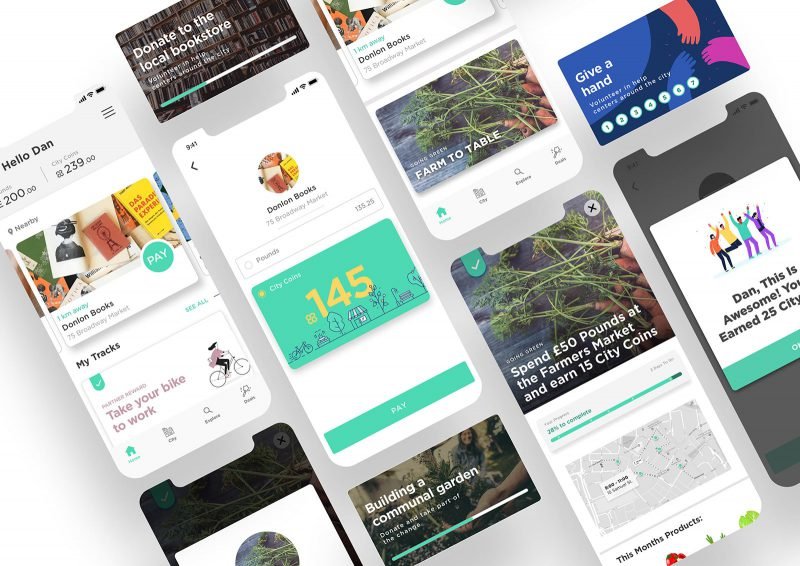Trend 8: The Peer-To-Peer Economy
Don’t we all have loads of stuff we don’t use most of the time? Why not share it with others and make a little money? Over the last years we’ve seen the launch of lots of initiatives that aim to stimulate people to rent out their temporarily unused assets to others in return for a small payment. The global crisis stimulates us to rethink what we already have and how we can use it in a more profitable way. Thanks to the Internet marketplaces for so-called peer-to-peer services have grown immensely.

One of the first and most famous peer-to-peer services is definitely Airbnb, a global marketplace of accommodations offered by locals. Airbnb has made it more fun, cheap and interesting to stay in great apartments in cities like New York, Amsterdam and Paris. Airbnb has shown to be one of the most effective solutions for temporary vacancy of houses. Last year we have witnessed an outburst of Airbnb-like initiatives in all kinds of other segments of the economy. The office market falls victim to large-scale vacancy problems, while on the other hand flexible working becomes increasingly popular. Initiatives like Deskwanted, Loosecubes, Office Genie, and Desktime offer online marketplaces for vacant desks. This way companies can make extra money by leasing their vacant spaces, while flexible freelance workers and small businesses can look big and save money at the same time by renting desks. Enter your city on one of the websites and available desks are shown immediately.

Using is the new owning. Several recently launched online initiatives, such as Share Some Sugar and RentWant, mark this focus shift. Creating a peer-to-peer location-based marketplace, RentWant offers users the opportunity to make extra money by renting things they don’t use all the time to people around them. Why would you buy yourself a chainsaw if you need it only once a year? Borrow it, rent it. Live a light-weight life.

Other peer-to-peer renting services focus on specific stuff and commodities. Take Spinlister, a fresh initiative from Los Angeles that enables people to earn a little extra money by renting out their bicycle. Besides offering cheap bicycle renting opportunities in any city in the world, Spinlister also connects the worldwide bicycle riders community. Even for renting luxury recreational vehicles such as boats, sport cars and even planes there is an online peer-to-peer marketplace called Qraft. In addition, Campinmygarden offers private gardens as micro campsites. Parkcirca does the same for parking spaces in crowded cities.

But there’s more. Berlin-based Gidsy offers an online marketplace for authentic experiences and micro events offered by ‘real’ people, varying from exclusive nature hikes to off-the-radar city tours and pop-up dinners. But the most remarkable development in the entire peer-to-peer economy is the new digital currency Bitcoin, that enables instant payments to anyone anywhere in the world, 100% person-to-person without the interference of banks.

We strongly believe that the peer-to-peer trend will grown mature in 2012 as more and more people will be participating in these networks and see the benefits of using stuff instead of owning, and the cut-out of the middle men. The rise of the peer-to-peer economy will facilitate new forms of hyper-flexibility in cities and a new and very interesting urban culture.
This article belongs to the Top 10 Trends For 2012. Reflecting on what we’ve written in 2011 and looking into the new year, we’ve compiled a fresh list of remarkable trends that we consider to be important for our cities in 2012.



